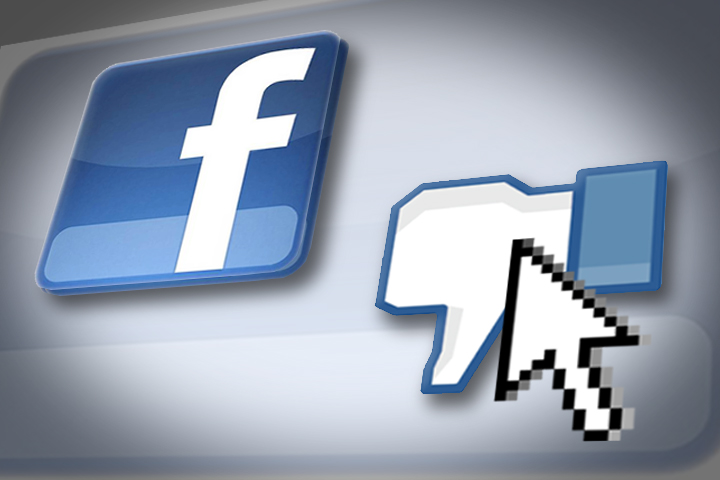TORONTO – Facebook’s Messenger app has become the most downloaded free app in Google’s Play Store and the App Store despite growing anger from users being forced to download the app and fierce criticism surrounding its permissions.

As of Monday afternoon, Messenger was rated No. 1 in the “Top Free” section of both app stores.
Though the current version of Messenger has maintained its rating of 4.1 on Google’s Play Store, Messenger comes with a one-star rating on Apple’s App store – the lowest an app can be rated.
Concerns surrounding the app became a hot topic in the past two weeks due to seemingly invasive language used in its permissions.

Get breaking National news
READ MORE: Is Facebook’s Messenger app as scary as it sounds?
However, most of the negative reviews appear to stem from Facebook’s decision to disable the ability to send private messages through its mobile app, forcing users to download the standalone Messenger app – a move the social networking giant has yet to explain.
Users began seeing notifications warning them of the switch two weeks ago and many have already been forced to switch.
“Thank you Facebook for your intolerant and authoritative muscle flex. I was quite content having one application for your software. Please kindly integrate this feature back into your Facebook app,” read one review on the App Store.
“Why force users to download and use a second app when one app can do everything? Thanks for nothing, Facebook,” read another.
Many users who gave the app low ratings also complained the app was filled with bugs and often crashed. Several users noted they hadn’t been able to use the app since being forced to download it due to a constant “Network error” warning.
Global News contacted Facebook to see if it was working on a patch for the buggy app. A Facebook spokesperson did not comment directly on any upcoming fixes for the app, but noted that separating the apps will help improve each individually.
“Using Messenger for messaging means we’ll also be able to remove messaging code from the main app, reducing complexity and size and improving the overall experience for people in the core app,” said a Facebook spokesperson.
“Because of this, we’ll be able to more quickly build and improve upon features and performance in Messenger, rather than maintaining two messaging experiences.”
The spokesperson did not comment on the volume of complaints surrounding the migration to the standalone app.
READ MORE: What you need to know about concerns over Facebook’s Messenger app
Since posting our stories regarding the concerns over the permissions found in the Messenger App, we have received many comments from readers complaining about the mandatory switch.
While it’s up to the user to decide if they want to install the app and continue using Facebook’s messaging service, there is one trick you can try to get around downloading the app: use your smartphone’s web browser to send messages through the Facebook mobile website.









Comments